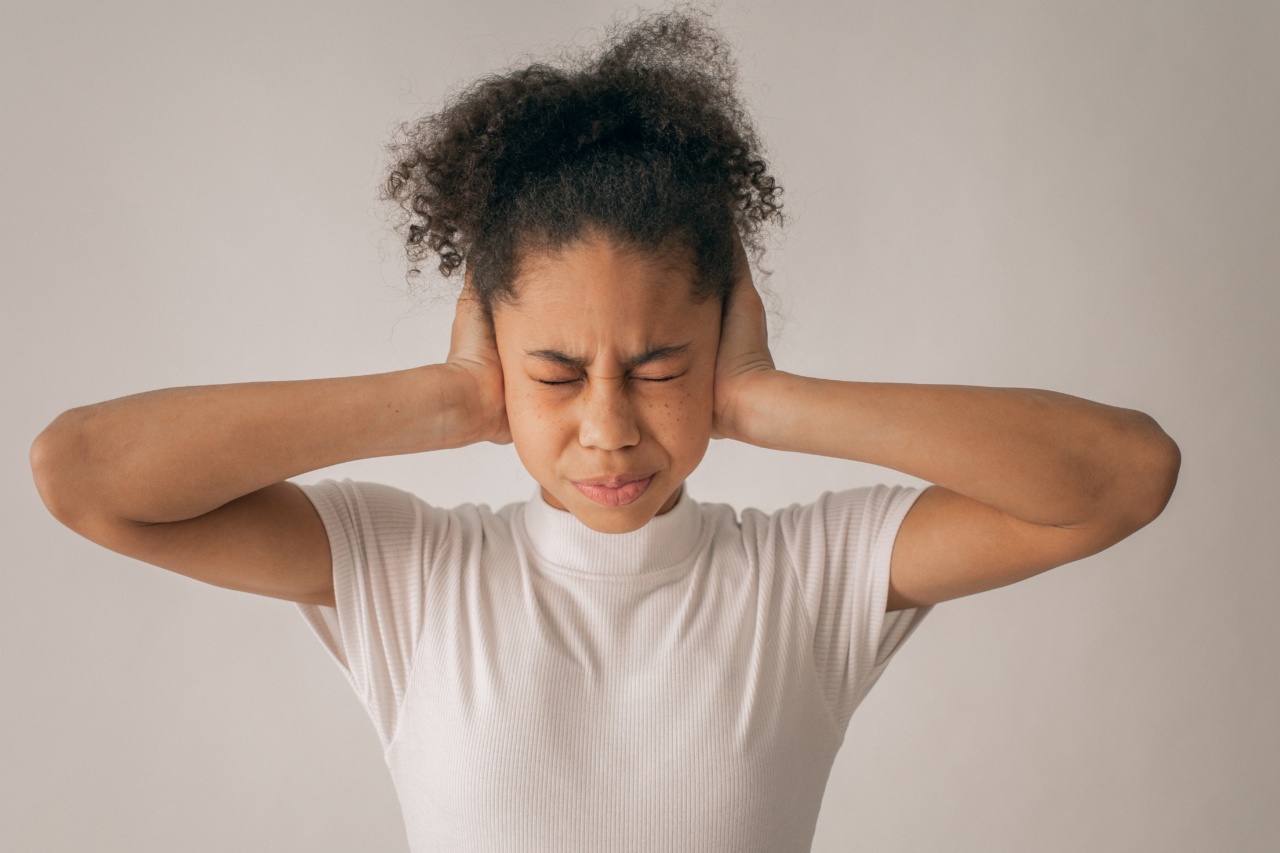Video gaming has become increasingly popular among adolescents in recent years.
With the advancement of technology and the widespread availability of gaming consoles, smartphones, and computers, it has become easier than ever for teenagers to engage in this form of entertainment. However, late-night gaming sessions can have a detrimental impact on adolescent sleep patterns, leading to a range of negative consequences for their physical and mental well-being.
1. Disruption of Circadian Rhythm
Adolescents are particularly vulnerable to disruptions in their circadian rhythm due to the ongoing development of their bodies.
The blue light emitted by gaming screens suppresses the production of melatonin, a hormone that regulates sleep and wakefulness. Consequently, playing video games late at night can confuse the brain and trick it into thinking that it is still daytime, making it harder for teenagers to fall asleep.
2. Decreased Sleep Duration
Engaging in late-night gaming often leads to a significant reduction in sleep duration for adolescents.
Instead of getting the recommended 8-10 hours of sleep, many teenagers who play video games into the late hours of the night end up with only 4-6 hours of sleep. This chronic sleep deficiency can contribute to a host of health issues, including decreased cognitive function, impaired memory, and weakened immune system.
3. Increased Sleep Latency
Even when adolescents eventually manage to fall asleep after late-night gaming, their sleep latency, which refers to the time it takes to fall asleep, may be prolonged.
The stimulating nature of video games often leaves teenagers mentally alert and stimulated, making it difficult for them to immediately transition into a state of rest. This delayed sleep onset can lead to frustration, anxiety, and further disruption of their sleep patterns.
4. Poor Sleep Quality
Not only does late-night gaming reduce the quantity of sleep adolescents get, but it also negatively impacts the quality of their sleep.
The intense excitement, emotional engagement, and stress associated with gaming can result in more disturbed, fragmented sleep. These interruptions prevent teenagers from entering deep, restorative sleep stages, which are crucial for memory consolidation, physical growth, and overall well-being.
5. Daytime Sleepiness and Fatigue
The combination of decreased sleep duration, increased sleep latency, and poor sleep quality inevitably leads to excessive daytime sleepiness and fatigue in adolescents. As a result, they may struggle to stay awake and focused during school hours.
This can impair their academic performance, reduce their ability to concentrate, and increase the likelihood of accidents or errors due to sleep deprivation.
6. Emotional and Behavioral Problems
Lack of sufficient sleep has been associated with a range of emotional and behavioral problems in adolescents.
Studies have shown that sleep deprivation due to late-night gaming can lead to increased irritability, mood swings, aggression, impulsivity, and symptoms of depression. The combination of these factors can strain relationships with family and friends and hinder the development of healthy coping mechanisms.
7. Risk of Developing Sleep Disorders
Regularly engaging in late-night gaming can significantly increase the risk of developing sleep disorders in adolescents. Conditions such as insomnia, sleep apnea, and restless legs syndrome may become more prevalent.
These disorders not only disrupt sleep but can also have long-term health implications if not addressed and treated properly.
8. Academic Performance Decline
Adolescents who sacrifice their sleep for late-night gaming often experience a decline in their academic performance.
The lack of adequate sleep impairs memory, attention, and concentration, making it difficult for students to retain information, focus in class, and perform well on exams. This decline in academic performance can have long-lasting consequences on future educational and career opportunities.
9. Social Isolation and Withdrawal
Spending excessive amounts of time gaming late at night can lead to social isolation and withdrawal in adolescents.
As sleep becomes disrupted and priorities shift towards gaming, teenagers may find themselves sacrificing social activities, hobbies, and interpersonal relationships. This can negatively impact their social skills, self-esteem, and overall sense of belonging.
10. Difficulties in Establishing Healthy Sleep Habits
A reliance on late-night gaming can make it challenging for adolescents to establish and maintain healthy sleep habits. By consistently prioritizing gaming over sleep, teenagers reinforce a pattern of behavior that can be difficult to break.
This, in turn, increases the likelihood of long-term sleep issues and perpetuates the negative impact on their overall well-being.






























